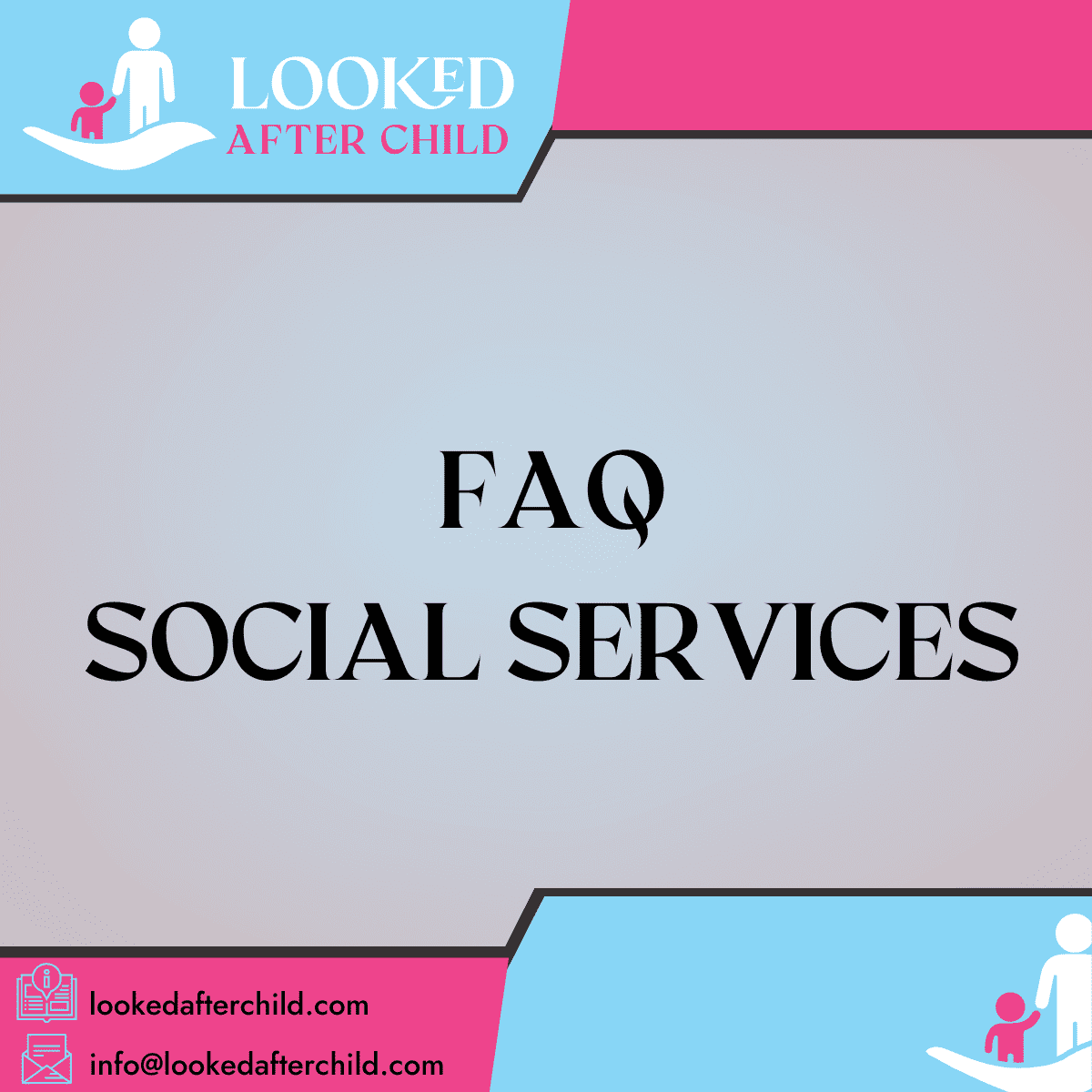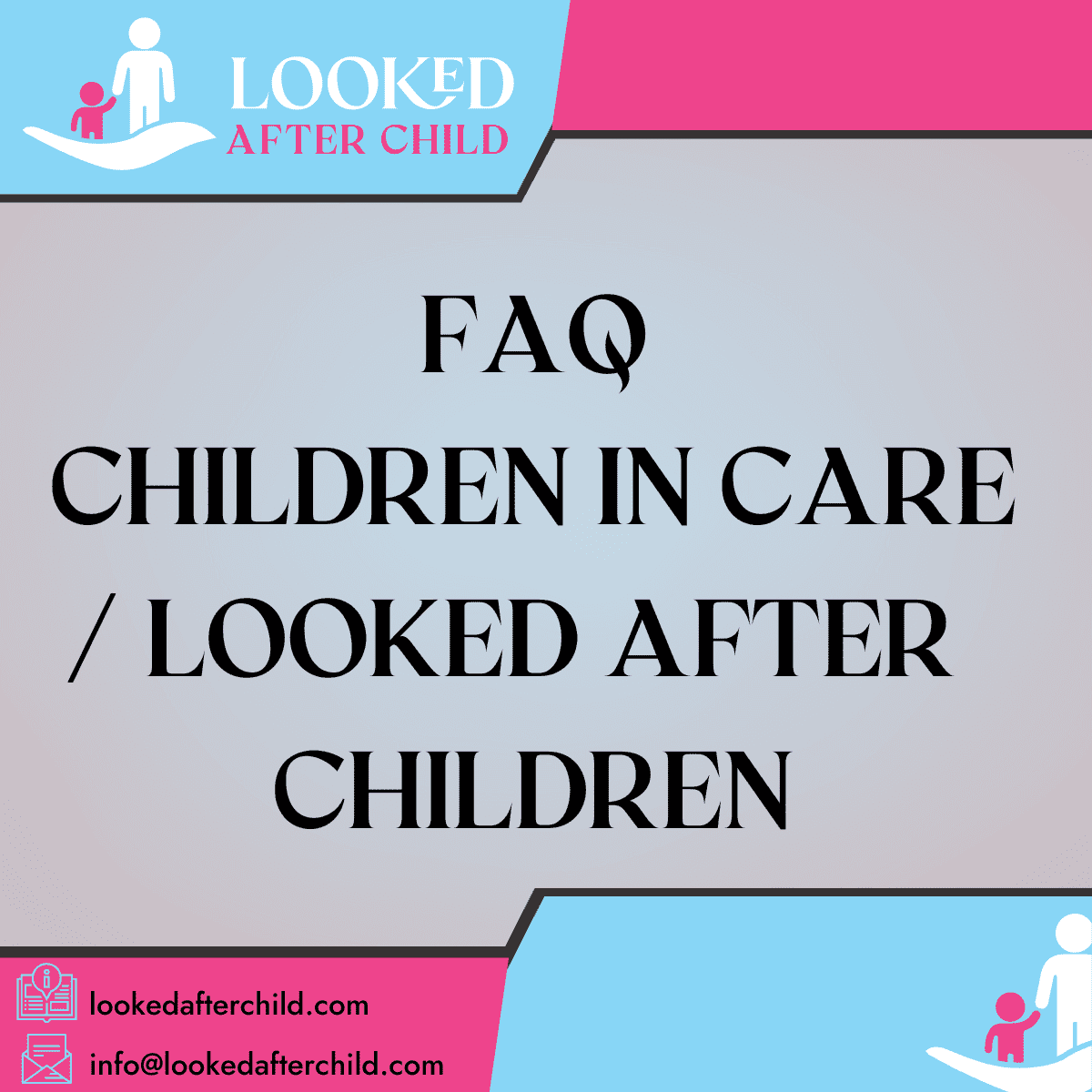what qualifications do i need to be a social worker?
Introduction Social work is a profession that aims to improve the well-being and quality of life for individuals, families, and communities. Social workers play a crucial role in society by addressing social issues, advocating for social justice, and providing support and resources to those in need. They work in a variety of settings, including hospitals, schools, government agencies, and non-profit organizations. The importance of social work cannot be overstated, as it helps to create a more equitable and inclusive society. Educational Requirements To become a social worker, there are minimum educational requirements that must be met. In most countries, a bachelor's degree in social work (BSW) is the minimum requirement for entry-level positions. However, some positions may require a master's degree in social [...]




